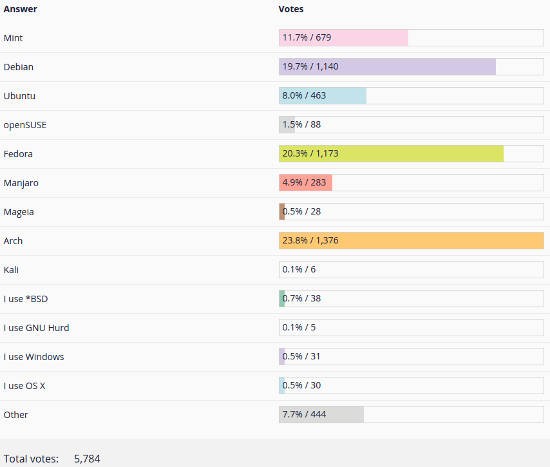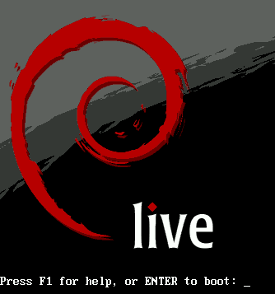FOSS Week in Review
India again shows sanity by doing away with “software only” patents, and the Linux Foundation continues to move towards diversity.
The old and the new both made big news on the FOSS front this week. Representing the old was what appears to be the ending of the SCO vs IBM case after something like 13 years, which means that Caldera/SCO now gets to go to its final resting place. For the new was the release of the Raspberry Pi 3, which comes wielding a 64-bit ARM processor with built-in Wi-Fi and Bluetooth.
But that wasn’t the only news of interest to the FOSS world this week…
Barely a month after putting an end to a Facebook supported scheme, “Free Basics,” in favor of supporting Net Neutrality, India has declared software to be not patentable. According to the Software Freedom Law Centre in India, the patent office will now use a three part test to determine patentability:
Christine Hall has been a journalist since 1971. In 2001, she began writing a weekly consumer computer column and started covering Linux and FOSS in 2002 after making the switch to GNU/Linux. Follow her on Twitter: @BrideOfLinux



 Now that we’ve put 2015 to bed — and not a moment too soon — we’ll take one more look at the week that was and send everyone off rolling into 2016.
Now that we’ve put 2015 to bed — and not a moment too soon — we’ll take one more look at the week that was and send everyone off rolling into 2016.
 Reading the post, you might be excused for thinking it’s not all wine and roses over in Debian-land. “Debian can be great,” Baumann wrote. “But depending on who you are, where you come from, and who your friends are, Debian can also be hateful and full of deceit.”
Reading the post, you might be excused for thinking it’s not all wine and roses over in Debian-land. “Debian can be great,” Baumann wrote. “But depending on who you are, where you come from, and who your friends are, Debian can also be hateful and full of deceit.”







 Until Fedora 21, the Fedora Project used to have a process for release names in which knock-down drag-out brawls would break out, rhetorically speaking, in the debate and community-wide voting for the name. Arguably, Fedora 17 “Beefy Miracle” wobbled the process from the rails, and while the rest of the names were noble — my favorite was Fedora 19 “Schrodinger’s Cat” — the formula was fairly simple: Names had to meet a “is-a” test. For example, “Schnozz is a ____, and so is Keister.” Taking the example of naming Fedora 14 “Laughlin,” the Fedora Project took the name of Fedora 13 “Goddard” and, though the miracle of the “is-a” test, had a list of candidates, of which Laughlin won. So the formula is as follows: “Robert H. Goddard was a professor of physics, and so was Robert Laughlin.” To see this in action, you can look at the
Until Fedora 21, the Fedora Project used to have a process for release names in which knock-down drag-out brawls would break out, rhetorically speaking, in the debate and community-wide voting for the name. Arguably, Fedora 17 “Beefy Miracle” wobbled the process from the rails, and while the rest of the names were noble — my favorite was Fedora 19 “Schrodinger’s Cat” — the formula was fairly simple: Names had to meet a “is-a” test. For example, “Schnozz is a ____, and so is Keister.” Taking the example of naming Fedora 14 “Laughlin,” the Fedora Project took the name of Fedora 13 “Goddard” and, though the miracle of the “is-a” test, had a list of candidates, of which Laughlin won. So the formula is as follows: “Robert H. Goddard was a professor of physics, and so was Robert Laughlin.” To see this in action, you can look at the